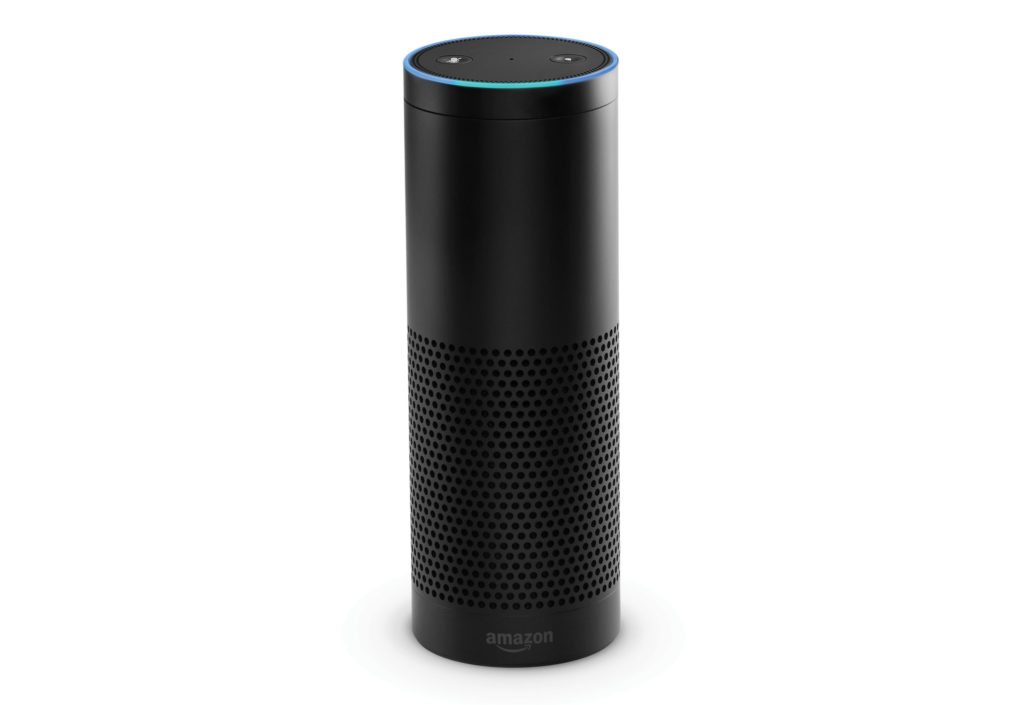 Now that AI home assistants are winning the hearts (and living rooms) of people around the world, it’s only a matter of time before consumers want their bots to improve their health.
Now that AI home assistants are winning the hearts (and living rooms) of people around the world, it’s only a matter of time before consumers want their bots to improve their health.
Some are doubtlessly already using Amazon Echo’s Alexa, Google Home, or Apple’s Siri for easy health hacks, like setting medication reminders and looking up possible drug interactions and side effects. (“I just took an antihistamine. Can I have a margarita now?”)
But we expect bigger ideas soon and bet that efforts like Merck’s Amazon Challenge will yield hands-free health help that’s far more useful. The ideas that will stick will be those developed from the patients’ point of view. And that means they’ll be bigger than any single device. People don’t want to be tethered to the kitchen counter, or even to voice activation. They’ll want to interact with AI on their terms, and expect it to become part of their persistent identity, following them from kitchen to car to office.
The possibilities of what AI will do are vast: Our latest research shows that 81% of consumers are frustrated with their healthcare, unhappy with everything from scheduling to billing to provider quality. Surely, with AI and a broad ecosystem of connected devices, we can expect brands to find many ways to ease these pain points. (And also find tremendous value in the data they collect as a result.) The best ideas will:
Personalize AI for individual health needs: When a migraine sufferer feels the early warning signs of a headache, for example, we bet they’ll be able to say, “Turn on migraine mode” and trigger their bot to dim lights, turn off music, and maybe even text a predetermined list of people.
Target unusual suspects: Tech companies have focused on marketing these devices to Millennials, but pharmaceutical brands and providers will soon see the advantage of reaching out to the elderly and disabled. Bots could place emergency calls in the event of a fall, for instance. Or a medicine-chest sensor, aware it hasn’t been opened in 24 hours, might trigger reminders for forgetful patients who haven’t taken their medications.
Offer coaching for “the talk”: We know how much patients dread starting difficult conversations with providers, so why not a virtual doctor to help them practice asking about a new condition or medication before an appointment?
Support healthier lifestyles, especially in the kitchen: Thousands of small choices impact our health. From drug-related concerns (“How much spinach can I have before it interacts with my blood thinner?”) to ingredient questions (“Is low-fat mayonnaise really better for me?”), cooking-focused AI can make smart decisions easier.
What these examples have in common is that first, they’re driven by people’s needs. And second, they lead to the thing all of us—pharma, providers, and patients—want most: Better outcomes.







